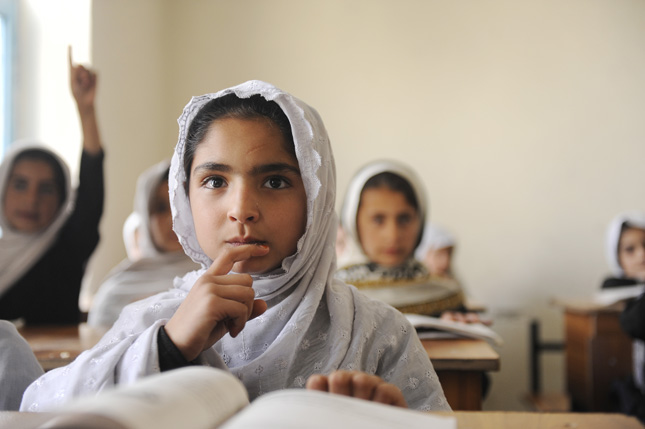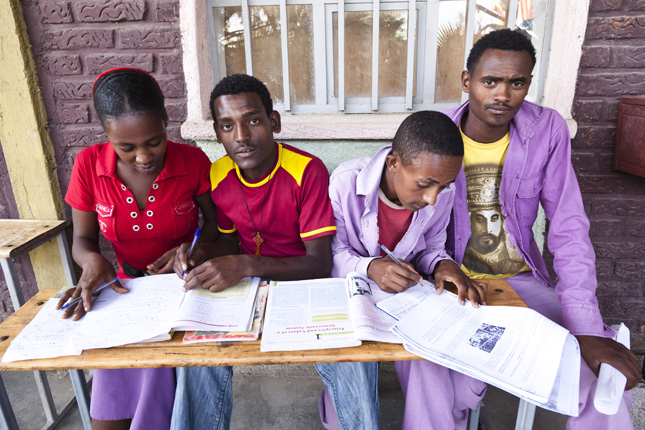-
Keep Moving Forward: Refugee Resilience and Citizen Diplomacy
›August 15, 2018 // By John Thon Majok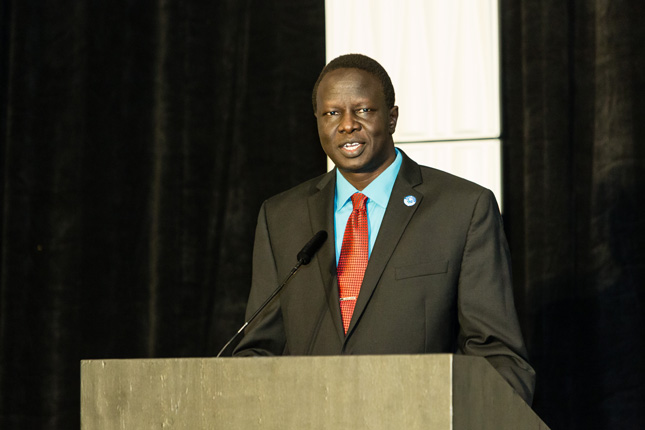
More than 17 years ago, I came to the United States as part of a refugee group known as the “Lost Boys” of Sudan. In 1987, civil war separated me from my parents for almost 10 years. After 13 years of living in limbo in refugee camps, I was given the opportunity to settle in Tucson, Arizona, where I quickly integrated myself into the American society as a productive citizen. My story demonstrates the resilience paradox: Exposure to prior hardships helps us become more resilient.
-
A More Prosperous World: Investing in Family Planning for Sustainable Economic Growth
›
“There is a close relationship between fertility rates and health on one hand, and economic growth on the other,” said Peter McPherson, President of the Association of Public Land-Grant Universities and former USAID Administrator, at the final event in a three-part series on the role of population and family planning in supporting economic growth, health, and education.
-
From Day One: Malawi President Joyce Banda on Girls Ages 0-10
›
“Over 130 million girls around the world are not in school through no fault of their own,” said Her Excellency Joyce Banda, former president of the Republic of Malawi, at the launch of her new book, From Day One: Why Supporting Girls Aged O to 10 Is Critical to Change Africa’s Path, at the Center for Global Development.
-
Women and Cancer in India
›
As India faces an emerging cancer crisis, how do South Indian women conceptualize what causes reproductive cancers—and how to cure them? New qualitative research from Cecilia Van Hollen, a medical anthropologist and Wilson Center Public Policy Fellow, illuminates the complex perceptions and personal experiences of women in Tamil Nadu, the first state to integrate cancer screening into its primary health care system.
-
A Firm Foundation: Contraception, Agency, and Women’s Economic Empowerment
› According to a raft of experts, empowering women to be economic actors would change quite a bit. The UN Secretary General set up a High-Level Panel on it; Melinda Gates keeps talking about it; and the World Bank and Ivanka Trump recently launched an initiative to unlock billions in financing for it. Targets related to women’s economic empowerment cut across multiple Sustainable Development Goals, including advancing equal rights to economic resources, doubling the agricultural productivity and incomes of women who are small-scale farmers, and achieving full and productive employment and decent work for all women.
According to a raft of experts, empowering women to be economic actors would change quite a bit. The UN Secretary General set up a High-Level Panel on it; Melinda Gates keeps talking about it; and the World Bank and Ivanka Trump recently launched an initiative to unlock billions in financing for it. Targets related to women’s economic empowerment cut across multiple Sustainable Development Goals, including advancing equal rights to economic resources, doubling the agricultural productivity and incomes of women who are small-scale farmers, and achieving full and productive employment and decent work for all women. -
To Fight Climate Change, Educate and Empower Girls
›
Girls and women bear the brunt of climate change impacts. Natural disasters kill more women than men: an estimated 90 percent of those killed in some weather-related disasters were female. The effects of climate change on natural resources can also further exacerbate existing gender inequalities. Girls may be kept out of school to fetch water, as droughts drive them to walk farther and farther to find it. Seeking to stretch scarce household resources, families may marry off their daughters before the legal age and they may become more vulnerable to human trafficking after natural disasters.
-
Ensuring Today’s Youth Become Tomorrow’s Successful Adults
›
The future of global security will depend in large part on the fate of today’s 1.2 billion young people. Do youth between the ages of 15 and 24—a critical phase of life—possess the necessary social, physical, intellectual, and financial building blocks to underpin productive, healthy adulthoods? Or do they lack this solid base, putting them at risk of personal and social instability?
-
Sustainable Infrastructure: Building Resilience in a Changing World
›
The United States currently faces an infrastructure crisis, as well as a growing climate crisis. Taking a sustainable approach to infrastructure could help address both problems, argued participants in a recent webinar conducted by the National Council for Science and the Environment, in partnership with the Security & Sustainability Forum.
Showing posts from category education.


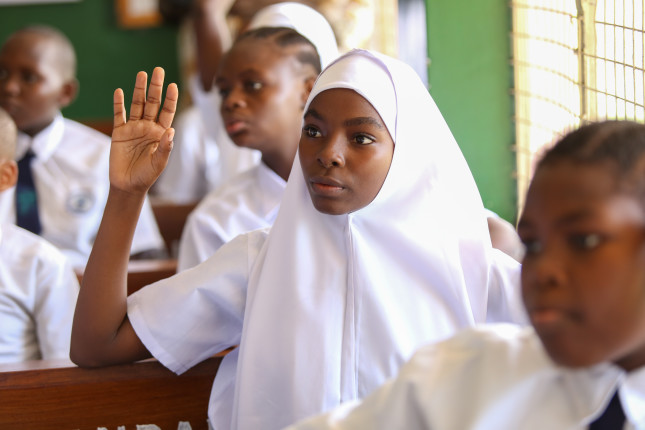
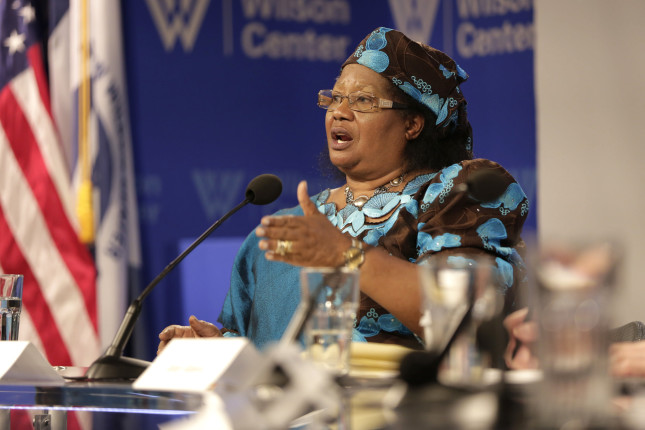
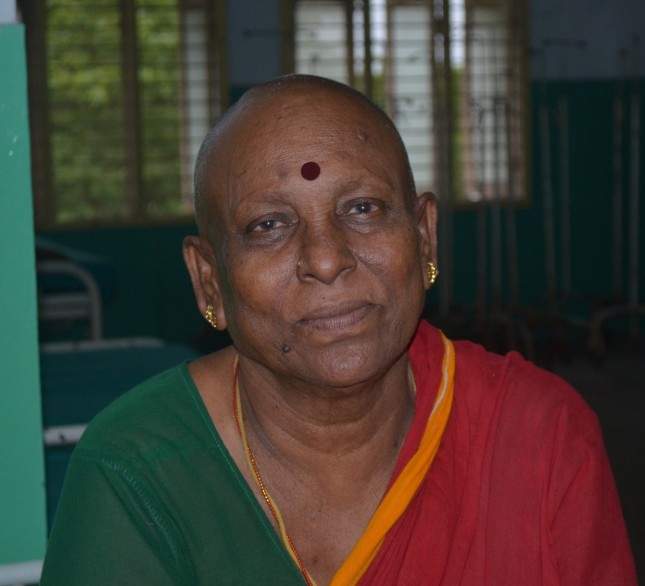
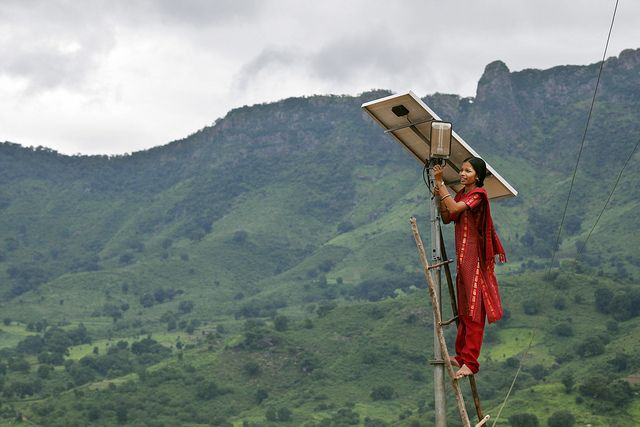 According to a raft of experts, empowering women to be economic actors would change quite a bit. The UN Secretary General set up a
According to a raft of experts, empowering women to be economic actors would change quite a bit. The UN Secretary General set up a 